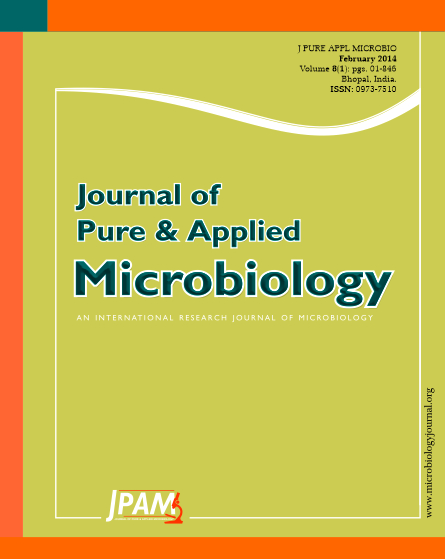Escherichia coli O157 is an emerging food borne pathogen having zoonotic significance. In the present study, a total of 575 fecal sample originating from non-clinical human (n=235) and apparently healthy cattle calf (n=175), goat (n=35), pigs (n=30) and poultry (n=100) in the Pantnagar region of Uttarakhand, India, were screened for isolation of E. coli O157 by conventional cultural method. A single strain having all characteristics E. coli O157 was isolated from a calf, which was confirmed by tube agglutination test with O157 antiserum and PCR based amplification of rfbO157 gene, but not by serotyping. This strain was motile yet, it did not either agglutinate with H7 antisera or contained fliCH7 gene specific for H7 flagellar antigen. No E. coli O157 isolate could be obtained from the fecal samples human, goat, pigs and poultry screened in the present study. The finding of the study suggests the need for application of molecular tools like PCR in making confirmatory identification of the E. coli O157 isolates.
E. coli O157, E. coli O17, Farm animals, fliCH7, rfbO157
© The Author(s) 2014. Open Access. This article is distributed under the terms of the Creative Commons Attribution 4.0 International License which permits unrestricted use, sharing, distribution, and reproduction in any medium, provided you give appropriate credit to the original author(s) and the source, provide a link to the Creative Commons license, and indicate if changes were made.


